Top 6 Finland Culture, Customs, and Etiquette
The national languages of Finland—Germanic Swedish and Uralic Finnish—the sauna, and various European and Nordic traditions are all part of the country's rich ... read more...local culture. Finland was greatly impacted by a number of communities, including the Russians, the Swedish, as well as countless Baltic and Finnic people due to its geographic location and historical background. The egalitarian tradition and traditional way of life form the foundation of Finnish culture. There are still cultural distinctions across the various regions of the nation, notably in terms of vocabulary and accents.
-
Finland's holidays and rituals are a beautiful synthesis of Christian and pagan practices. They observe the custom of Christmas trees and Advent calendars. Christmas in Finland begins on December 23 and ends on December 26. On Christmas Eve, gifts are exchanged, and on Christmas Day, everyone eats before going to the sauna.
The Easter celebration in Finland combines pagan and Christian traditions. On Holy Saturday or Palm Sunday, the kids dress up and go door to door handing out daffodils in exchange for candy. Burning bonfires over Easter weekend is one of several traditional customs used to ward off witches. Daffodils are traded for treats, similar to the Halloween celebration.
Finland is home to many saunas, which are dry steam baths. Proto-Finnish ancestors of saunas appeared 7,000 years ago. Saunas are used to bathe while the heat aids in pore opening and cleansing of the skin.

https://www.festivalsfinland.com 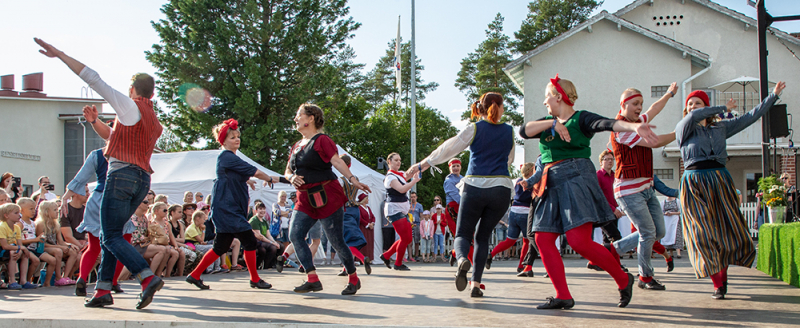
http://www.festivals.fi/en -
Visitors are unlikely to unintentionally upset Finns because they generally have a laid-back attitude on clothes and etiquette. In most cases, using common sense is sufficient, but there are a few things to keep in mind when showing respect for Finnish culture and customs.
Don't expect to hear words like "thank you" or "you're welcome" all that frequently; Finns are a notoriously reserved people who have little patience for small talk or social niceties. Because there is no word for "please" in the Finnish language, Finns occasionally fail to say it when speaking English, even when they don't mean to be impolite.
The distinction between "he" and "she" is also absent in Finnish, which could result in blundering mistakes. Loud laughing and talking are not typical in Finland and may annoy some Finns. Occasional silence is not seen as a sign of animosity or anger, but rather as a natural component of the dialogue.
Despite this, Finns are often friendly and helpful, and if requested, they are happy to assist lost tourists. The absence of manners is more a result of the strong value placed on honesty in Finnish society and the belief that one should only speak when one truly means what they are about to say. When there is no later time anticipated, refrain from saying "maybe later."
While it's rare that a tourist will encounter many praises from Finns, those that do can be trusted to be sincere. Finns, especially the younger generation, typically speak excellent English thanks to the country's policy of subtitleing rather than dubbing foreign films and TV shows.
http://www.masterstudies.com/ 
https://www.commisceo-global.com/ -
Punctuality is another quality that Finland places a high value on. If a visitor is even a few minutes late, they should apologize. Longer delays typically need for a brief justification. The standard distance between being "acceptably" and extremely late is 10 minutes. After 15 minutes, some people will abandon prearranged meeting places.
Nowadays, it is customary to send a text message even if you are only a few minutes late. Even being a few minutes late for a business meeting is considered impolite. Handshakes are used as the standard greeting. Hugs only happen occasionally between family members and close friends; kisses, especially on the cheek, hardly ever.
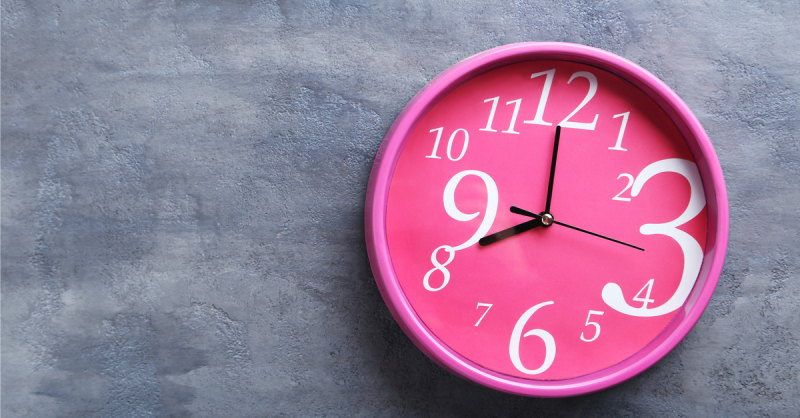
https://www.everydaygyaan.com/ 
https://www.timeclick.com/ -
The worst mistake a guest may make while entering a Finnish home is to leave their shoes on. The majority of the year, muck or snow will be carried around in shoes. So, even in the heat, it is common to take them off. You might ask to have your shoes left somewhere to dry while you are there during the rainy season.
These laws do not apply to very formal gatherings that take place in private houses, such as baptisms (which are frequently held there in Finland) or someone's 50th birthday party. This can occasionally entail that visitors bring their own pairs of clean shoes for the winter and wear those instead of leaving their outside footwear in the hallway. While it is nice, it is not necessary to give the host presents like flowers, wine, or baked goods.
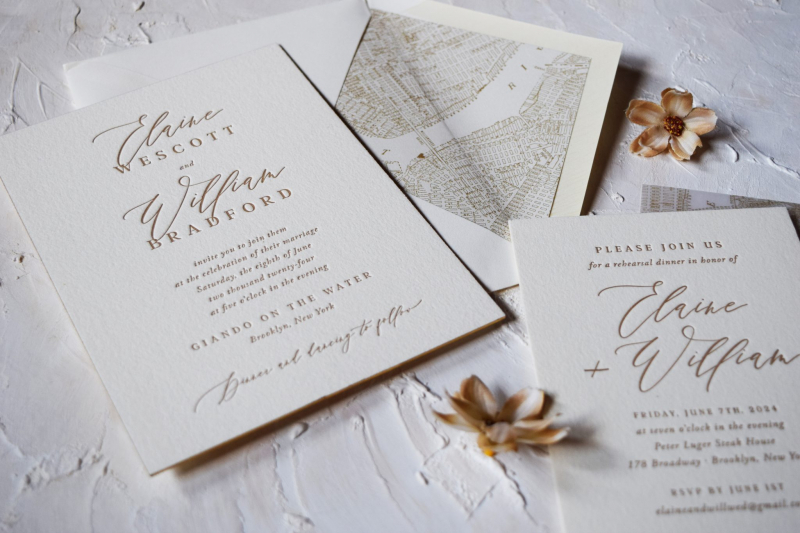
https://www.bellafigura.com 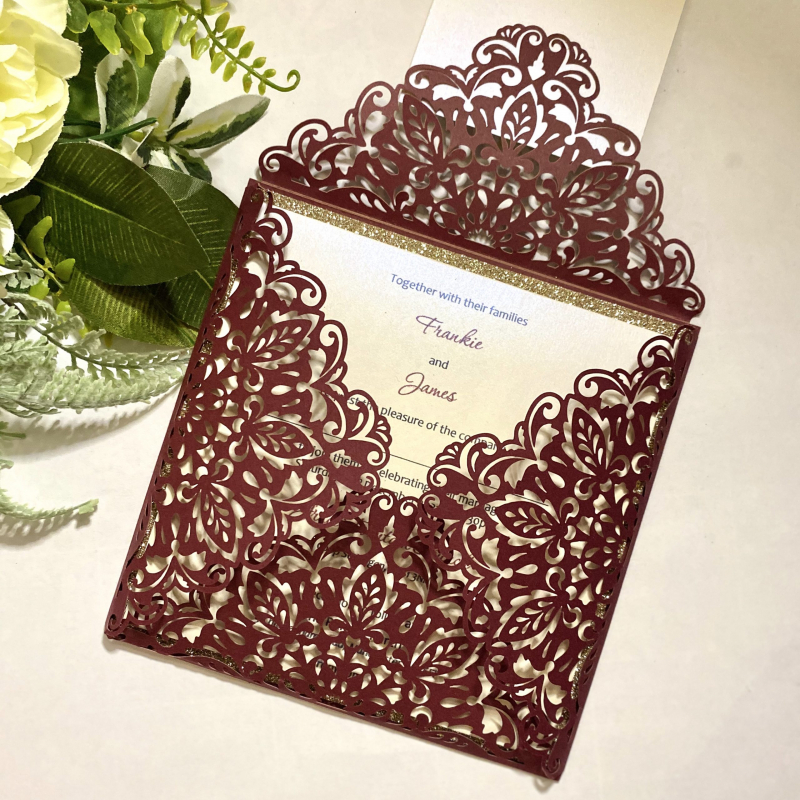
https://www.idodesigns.org.uk/ -
If a Finn invites you to their home, be on time. Finns are reliable in both professional and social settings. Before entering the house, take off your outdoor shoes. To find out if the hostess prefers that you bring a dish, get in touch with her in advance. Offer to assist the hostess with the meal's preparation or cleanup afterward.
There could be up to 7 different desserts to try if you're asked for coffee and cake. Don't talk about business. Before bidding the other guests farewell, express gratitude to the hosts for their hospitality.
Await instructions on where to sit. Continental table manners dictate that the fork should be held in the left hand when eating and the knife in the right.
When eating, keep your hands out in plain sight. Keep your wrists perched on the table's edge. Wait until the hostess encourages you to start eating before you start. The only meals eaten with the hands are bread and prawns. Utensils are used to eat fruit as well. Accept more servings. Place salt and pepper shakers on the table so that they are easily accessible while passing. Do not provide them immediately.
At meals, men should wear their jackets unless the host takes off his. Complete the food in your plate. Waste is not valued by Finns. When you're done eating, lay your knife and fork across your plate with their handles pointing to the right and their prongs downward.
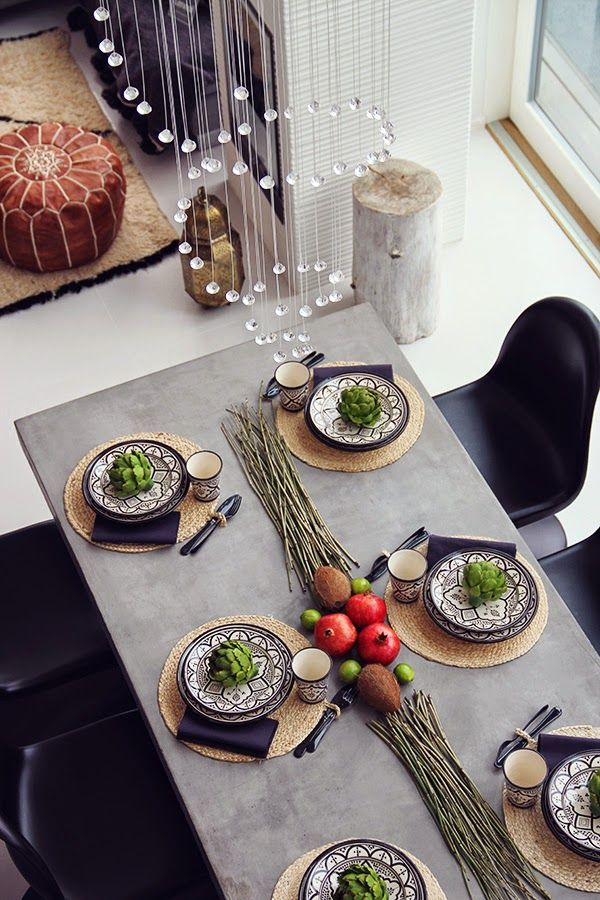
https://www.pinterest.com/ 
https://www.inyourpocket.com/ -
Due to their transactional nature, Finns don't require deep interpersonal bonds in order to conduct business. There isn't much small talk and Finns like individuals to speak briefly and only about business, hence the typical business style is stiff. Finns don't need face-to-face interaction and are rather extremely at ease utilizing email. Finns are superb time managers who prefer to plan their day to get as much done as they can.
Finns are drawn to committed relationships.Building relationships frequently occurs outside of the workplace, as in a restaurant or sauna. Never refuse a request to use the sauna because it is an integral element of Finnish culture. Speaking frank and clearly is something that Finns cherish highly.
This is a culture where "a man's word is his bond" and will be viewed as seriously as a documented contract, hence verbal commitments are considered agreements. What someone says is taken at face value. Finns are straightforward speakers. You should anticipate hearing what your coworkers believe, not what you want to hear. Professional disagreements are not considered to be personal criticisms.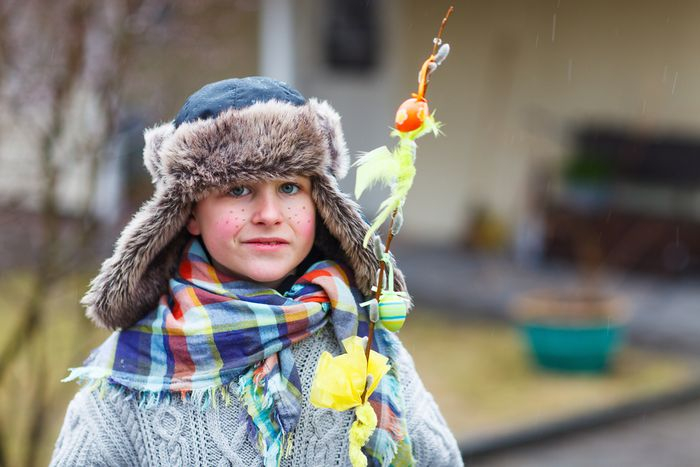
https://clevermomhacks.com/ 
https://www.napierb2b.com



























